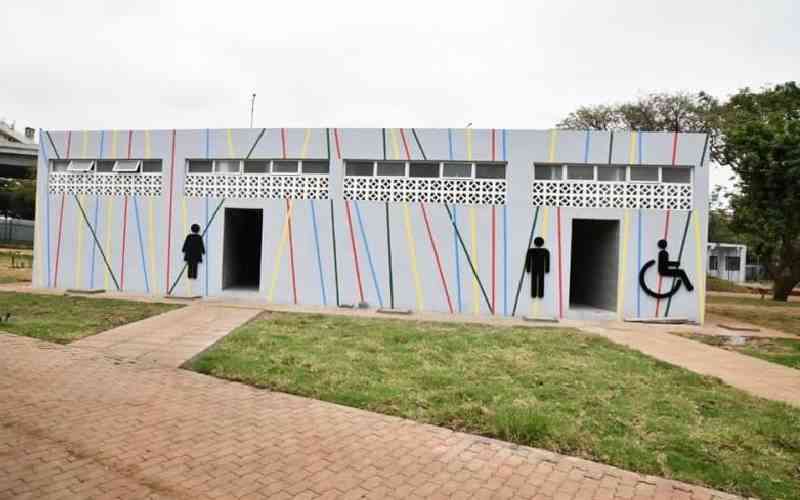×
The Standard e-Paper
Smart Minds Choose Us

With the end of a two-year term in sight and more than Sh46.3 billion in funding later, the Nairobi Metropolitan Service (NMS) is transitioning following a change of guard at City Hall.
Its exit in November will mark the end of a tumultuous yet fruitful journey undertaken by NMS under the stewardship of Lieutenant General Mohammed Badi.